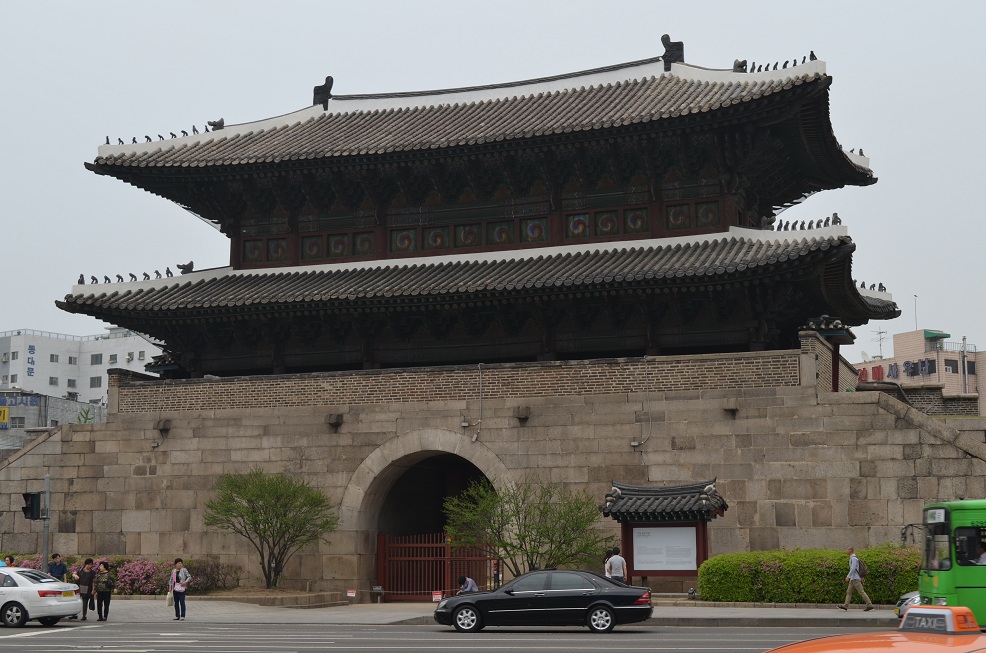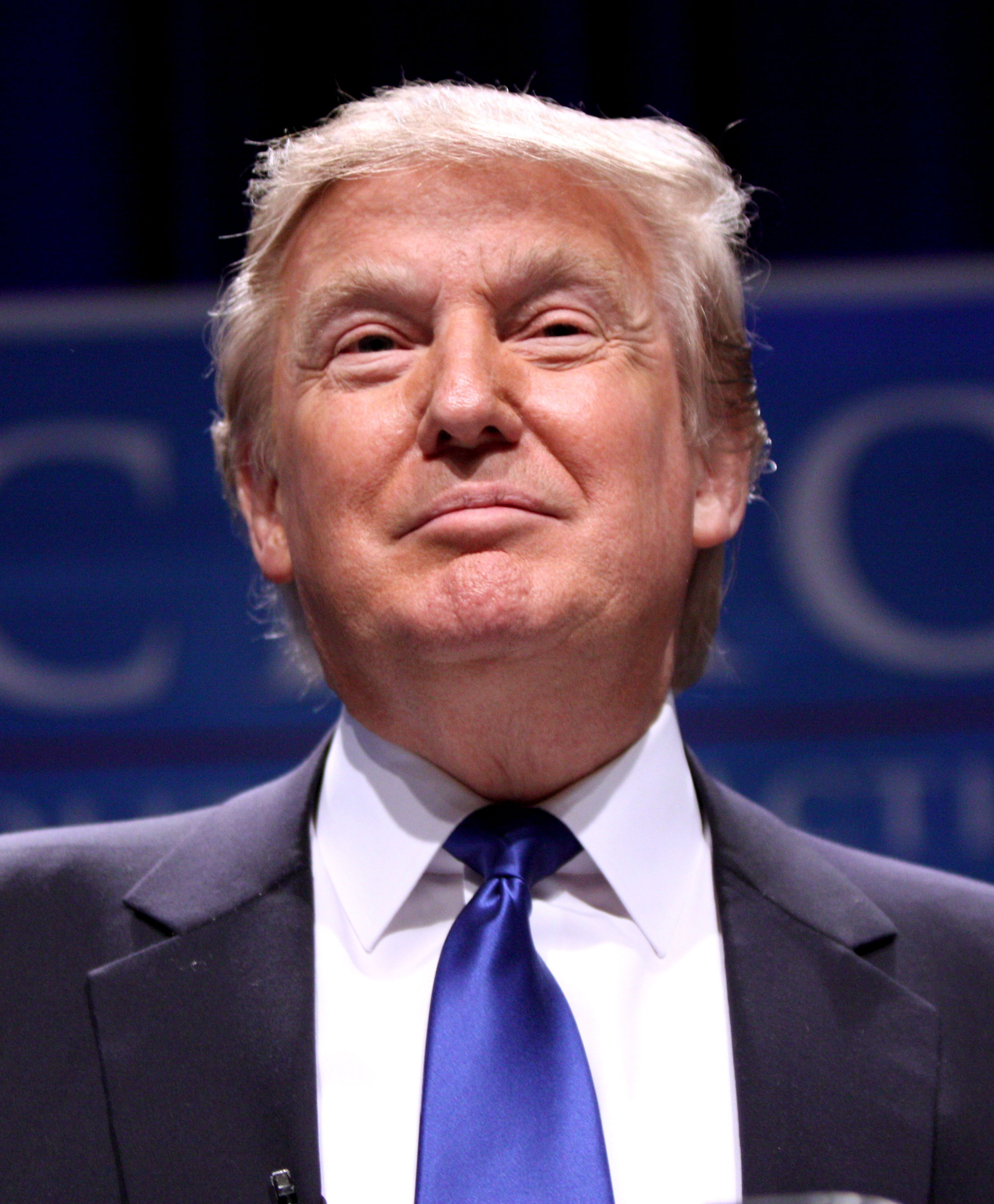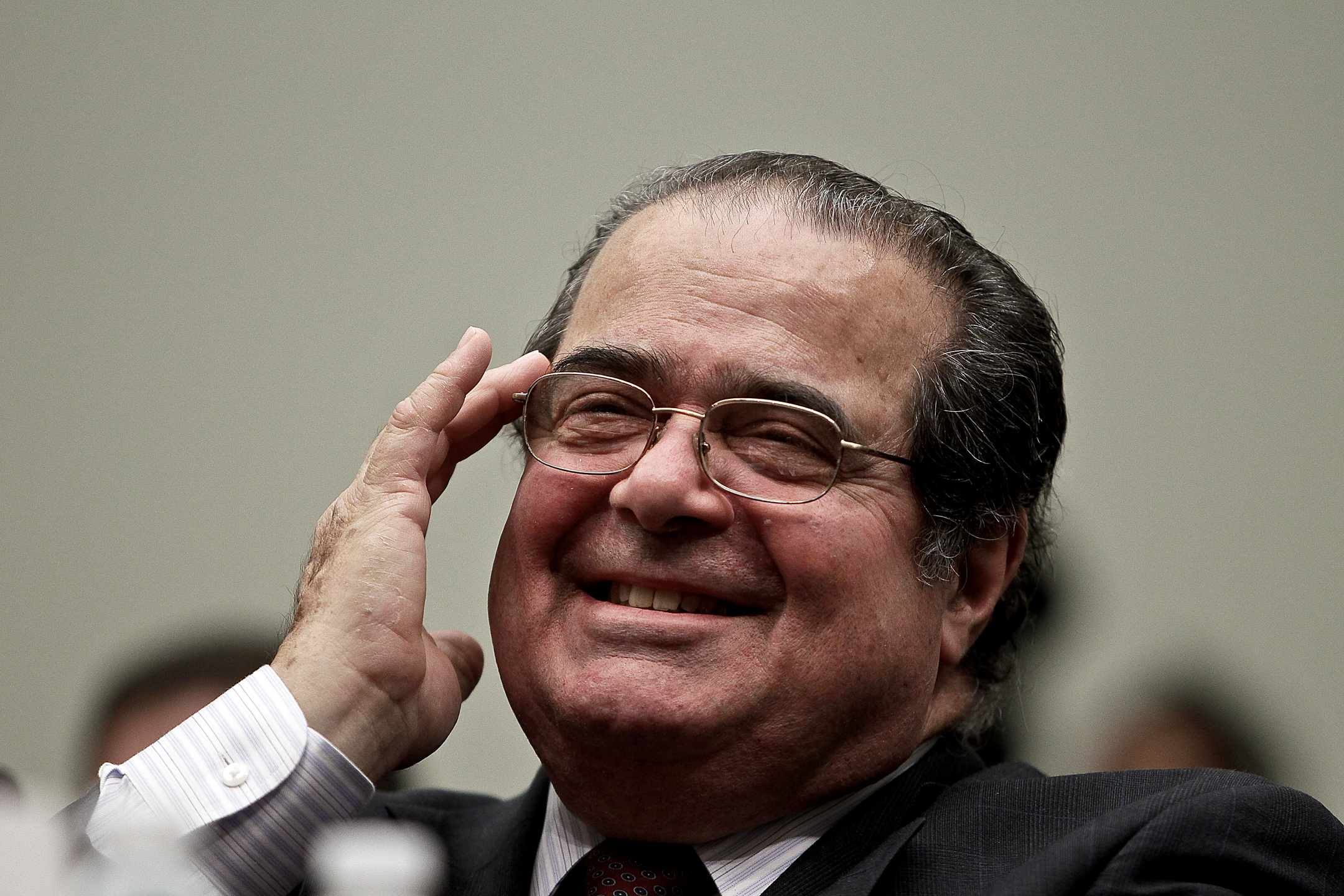One might wonder, why have the fields of linguistics and TEFL settled on such obvious logical errors as their received wisdom, as outlined in yesterday's blog entry?
The short answer is that it is the devil's work. The long answer is that linguistics and TEFL have, like education, fallen under the control of the social sciences. The social sciences are a cargo cult in relation to science. They are, on the other hand, highly political and politicized. An honest social scientist recently complained that fully 70% of the population is removed from study. No social scientist who values his or her career dares say anything that could be construed as directly or indirectly blaming women, blacks, homosexuals, or aboriginal people, for example, for anything.
Why these groups in particular? Why, ther answer is obvious? These are the groups that hold social power. Why do they hold it by claiming to be oppressed? The devil again; claiming victimhood gives you carte blanche to behave as badly as you want in the ruthless pursuit of self-interest.
In the present instance, anyone who disputes the Marxist procrustean orthodoxy regarding varieties of English must immediately defend himself or herself against charges of racism. This is a powerful disincentive to questioning such claims. Who needs that? At the same time, there is a great incentive to lay such charges. Do so, and the researcher who plays that card gets a free ride, their claims and theses embraced without serious examination or challenge, It is, for grad students, a ticket to a lucrative and cushy academic career, without the requisite effort of actually thinking or doing research. The more so if they happen to be a member of one of the aforementioned privileged groups. If you are a foreigner or ethnic, as a Korean postgrad (not one of the privileged groups, but at least an Other in the North American university where she studied, and so to some degree untouchable. I hve dioubt this would work as well for a Korean male) once boasted to me, it is possible to get an American M.A. and a Ph.D. by merely writing about your own life experience.
Full disclosure. My ex-wife is a classic case. She rode this tendency to a lot of publications, a doctorate, and a tenured position at Long Island University outside New York City. She did not quite rely on personal anecdote, although she uses it heavily. She got her M.A. with a thesis interviewing only five fellow “non-white” female ESL teahers, and her Ph.D. with an almost identical study interviewing eight fellow “non-white” female ESL teachers. For their personal anecdotes. Nothing of any value scientifically, but the false face of being “scientific.”
Here is the Google books result for one of her publications. She has a good number of them, as noted, but they all seem to be on the same theme, and based on the same slender research. You can read the entire article for free online at
JSTOR, if you register with them.
She plays the racism card openly and often. “First World linguists are perpetuating a caste system … based largely on race, ethnicity and national origin.” (p. 183) “ELT ... is a site where discoursess of racism, colonialism, and sexism intersect” (p. 184). “I consider the native speaker concept to be an interlocking oppression that works in concert with racism and sexism to oppress and marginalize non-white women” (p. 188). “[A]ccents are a linguistic manifestation of nativism, and constitute a new and effective form of racism” (p. 190). “[A]pplied linguistics, a field that continues to be dominated by colonialist ideologies” (p. 200). “[T]he concepts and ideologies epitomised by these binary divisions continue to ciculate in ELT, and intersect with racism and sexism to produce non-white immigrant women as permanent Others” (p. 200). Of course, being brown-skinned and Pakistani born, this insulated her from any hostile inquiry. Doubt her word, and you are a proven racist.
The funniest aspect of her article is that she blames the greater status of native speakers as ESL teachers on “First World linguists,” “white First World researchers and scholars” (p. 184) (note that she herself presupposes First World researchers are white, in violation of one of her own complaints) “white linguists” “native-speaking researchers” (p. 183). These, of course, are the people who might dare challenge her. “First World researchers are complicit in the continuing linguistic hegemony of the First World over the Third World.” (p. 184). And yet, this is not at all what her own research shows. Instead, those who have the impertinence to prefer white teachers over her are not her supervisors, who are clearly presented as supportive, and obviously not the academics who have given her a cushy career for little work, but her ESL students. “[M]any of the students whispered the term native speaker with awe (p. 186). She complains of “the ignomy of students storming out of class and demanding a 'real' English teacher” (p. 186). Indeed, she notes that many students assigned to a non-native teacher “leave after the first class” (p. 196). “Some ESL students make the following assumptions': (a) only White people can be native speakers of English and (b) only native speakers know 'real,' 'proper,' 'Canadian' English” (p. 189-90). Nor, given the limitation of the facus group, of mere anecdote, does this seem to be only her own experience. “[T]he majority of the students showed a decided preference for White teachers.… [P]articipants … mirrored my experience” ("
Race and the Identity of the Nonnative ESL Teacher," p. 580).
In other words, things are the opposite of what she claims. She blames “nativism.” But the people causing her bad feelings here are not white academics; they are fellow immigrants and themselves non-native speakers. They are probably, like her, visible minorities. Far from being powerful and established, they are the latest off the boat, they are utterly powerless while Amin's ESL teachers are obviously in a position of authority over them. There are few imbalanced of power greater anywhere than that between teacher and student; and the students here, being new to the country, presumably have no cantacts or support to defend their interests. Their wants are demonstrably being ignored; the non-native speakers have been hired, retain their positions, and their superiors defend them against any student complaints. The customer is always wrong.
Classic work of the devil. Amin's claims are consistently the opposite of the truth.
It is obvious that, in a “settlement” situation, in which all of Amin's subjects teach, a native speaker of Canadian English is vastly to be preferred as an instructor. Even if you want to drink the Kool-Aid of believing that all English dialects are of equal value in use, these people are studying English specifically to live in Canada. Obviously, it is in their best interests to learn English as it is spoken by Canadians. Yet, as Amin tacitly points out, the majority of ESL teachers in Canada seem to be themselves non-native speakers. Surely this is odd.
Amin seeks to represent this as itself a case of oppression (p. 192). Immigrant women gravitate to ESL teaching, she maintains, because they cannot get better jobs. One is reminded of Chris Christie's response to a teacher who complained about her salary not adequately compensating her for her education: “Nobody made you take the job.” This claim of oppression is also unconvincing given that there are
reputedly a huge number of English grads and humanities grads in Canada working at McDonald's and Starbucks. I have taught ESL in Canada. It is not a bad-paying job, if you are full-time: a good middle-class income. It pays better, of course, abroad, where there is less competition. I expect that the great majority of English grads would rather be teaching ESL for more money than flipping burgers if given the chance. Granted, a humanities or literature degree is not the accepted qualification for ESL teaching. But this is itself discrimination. It should be. The usual TEFL degree is worthless, while a Humanities degree at least demonstrates high proficiency with the language. Studies show students learn faster with the latter type of teacher.
So, the students want and need native speakers as ESL teachers, and there is an ample supply available relatively cheap. And yet, as Amin admits, ESL in Canada is dominated by non-native speakers. I was living with Nuzhat Amin when she taught at Settlement House in Toronto. So far as I could see, every one of the teachers there was a non-native speaker. One, from Cuba, lived with us for a time. His English was so bad I could not make him out. I think it is fair to say that he could not actually speak the language.
How has this happened? I can only guess, but I do have my guesses. First, most other countries are far more racist than Canada. “Caste”is an Indian concept. They have no problem discriminating on the basis of race, and openly expressing racial preferences. Most Canadians, for example, would feel uncomfortable demanding a native speaker to teach them ESL, as the visible minorty immigrant students of Amin's study clearly are not. In the same way, non-native ESL supervisors would have no problem discriminating in hiring against people with white skin or who were born in Canada. Ads outside Canada for ESL teachers often specify that only people bearing specific passports (US, UK, Canada, Australia, South Africa, Ireland) need apply. This would no doubt be illegal in Canada. TESOL International. the US-based largest association of ESL teachers, prohibits such requirements in the ads they host, and, contrary to Amin's assertions,
has an official policy prohibiting such “discrimination.”
In addition, the non-native speakers who teach ESL, as Amin points out, are themselves invariably from the upper class in the Third World. The main reason the Third World is the Third World is that it is burdened by a selfish, corrupt upper class. They are accustomed to only the best (and assuming they deserve it), to pursuing only self-interest, and to riding roughshod over those below them in the social order. Now, just let a Canadian bureaucrat, looking for non-racist brownie points, appoint one of these non-native speakers to be in charge of a language school. Seems like an obvious place to meet a minority hiring quota. It is not suprising if they then only hire other non-native speakers like themselves. The desires and needs of the students will not interest them. Except that a native speaker is a threat to them, because he or she is likely to be much more popular with the students, and this might get noticed. At best, they will make then, like Amin, feel bad. This is unacceptable.
Of course, not all non-native ESL teachers are corrupt and selfish. Indeed, it is probably unfair to put too much blame on these non-native speakers. The entire field of education is a cesspool of corruption, the interests and desires of the students are systematically ignored, and for some reason somebody has decided ESL should follow that public school model. In fact, I find it is far less corrupt than el-hi teaching.
Minor notes: Amin objects to the idea that “predominantly English-speaking countries of the First World have more ownership of English than .. the Third World” (p. 183). Unfortunately, common sense says they do. English is remarkably tolerant, but you cannot imagine France accepting that it did not own French, even though it is spoken in many countries, China Chinese, Korea Korean, or Pakistan Urdu. Someone once said that a language is a dialect with an army. This is off the mark. A language is a dialect with a literature. Whoever has contributed most to that literature is the true creator and rightful owner of that language. As it happens, Shakespeare was English.
Amin arbitrarily redefines “native English” to mean “the Englishes spoken in the core English-speaking countries” (p. 183). This allowss her to claim that the term “native English” is racist, but this is circular. It is entirely her own construct. This is not, in fact, what native English means to anyone else, or in the dictionary. She goes on immediately to say “The 'native speaker of English' then, is a code phrase for white speakers of English” (p. 183). What was it someone once said? If you're the one hearing the dog whistle, then you are the dog.
As a feminist, it is not enough for Amin to argue that teaching standard English or preferring native speakers as instructors is racist. It must somehow be sexist as well. This she manages in the same way as she “proves”the first, by pointing out that teachers of ESL are overwhelmingly female (Amin says 89%; p. 192). This apparently demonstrates discrimination against women, although if the sex proportions wer reversed, it would demonstrate, by common convention, the very same thing.
She objects to the term “immigrant women” on the grounds that it usually refers to visible minority women (p. 189). There is nothing pejorative about the term “immigrant.” It is purely descriptive—perhaps Amin, being a proven dog, herself thinks there is something wrong with being an immigrant. Moreover, the association with visible minorities is simply accurate. Wikipedia, entry on Canadian Immigration: “mmigration since the 1970s has overwhelmingly been of
visible minorities from the developing world“.
Amin complains that accents associated with Canada, the US, and the UK are given higher status in Canada than accents associated with non-white countries (p. 191). They certainly are by my Arab students as well, and there is far greater reason to prefer a Canadian accent in Canada. As noted in my previous post, these are the accents everyone is used to hearing world-wide, and so the easiest to understand. Amin is also factually wrong here, I suspect. Not all Canadian, British, or American accents are equally valued. A thick Newfoundland accent, or Ottawa Valley, or Cockney, or Deep South, is not going to get you too far.
Amin faults Canada for its immigration policy, allowing in too many well-educated immigrants, on the grounds that it is a plundering of the Third World (p. 191). I think many Canadians would be happy to reduce immigration; I myself think we are letting in the wrong people, including too many with an invincible sense of privilege, too many who will have no real commitment to Canada or to their fellow Canadians, too many who are only in it for themselves, too many who are Princesses who cannot abide peass in the mattress. We are also, by importing a ruling class, voluntarily turning ourselves into a colony, And we are gradually importing all the problems of the Third World, by importing the corrupt class that makes it the Third World. But who exactly forced her or her subjects to come? Leaving aside the effect on their homeland, how is it discrimination against the actual people we let in to offer them the inducement of an obviously better life (a fact necessarily assumed by Amin's own argument, and proved by their actions in coming) than even life as a member of the upper classes in the lands from which they come? And what does it say about her and their own sense of civic responsibility if they came anyway?
Amin complains that immigrants have problems getting their credentals from abroad honoured. This has always been, and for practical reasons will always be, a problem for immigrants. In the high school at which I graduated in Ontario back in '71, one teacher was a qualified lawyer in her native Netherlands; another, from Czechoslovakia, first had to take work as a gardener until he replicated his qualifications in the new land. The problem generally is that employers do not know what foreign qualifications really mean, and they often do not match what is expected in Canada. But there is an added concern in the case of the Third World. It is entirely possible, and not uncommon, in many of these countries to just buy a qualification and save the time, effort, and risk of actually studying for them. Failing that, marks are often up for purchase.
Mind you, the corruption in the Canadian ESL and education fields is itself moving in that direction.































,_now_extinc_Wellcome_V0021533.jpg)